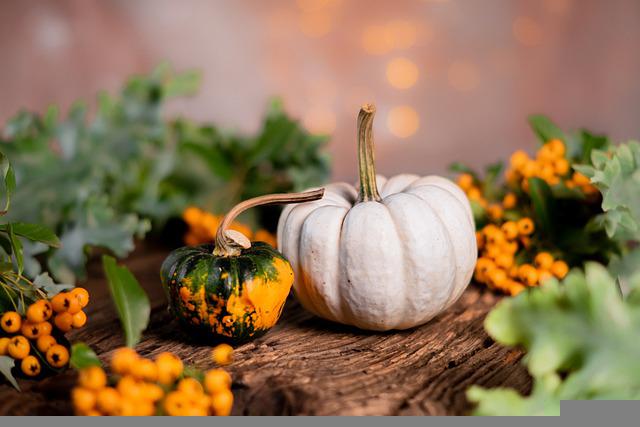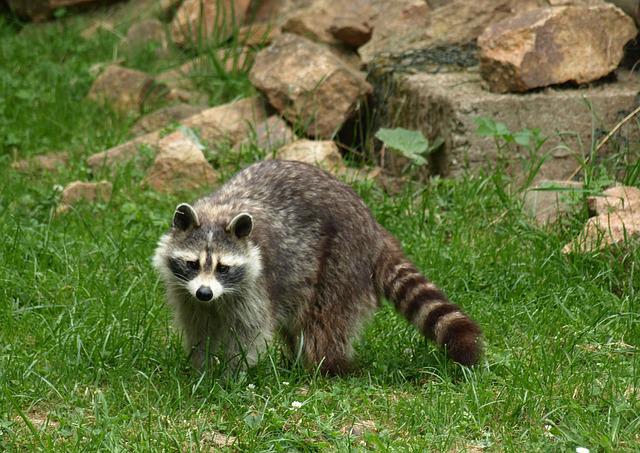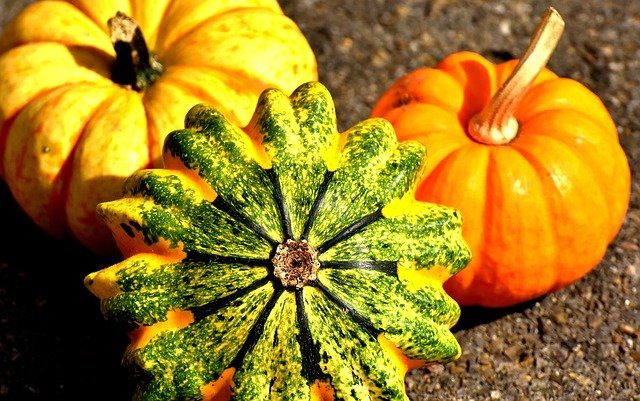Do Raccoons Eat Pumpkins? Ways To Stop Them From Eating Your Pumpkins

Raccoons are omnivorous animals and will scavenge food from a variety of sources, including plant-based foods. So if you try to feed raccoons with pumpkins, they will devour them until the last bite. Raccoons are nocturnal animals, meaning they typically eat during the night. However, this is not always the case, and they have been known to raid gardens in search of food.
According to some research, raccoons can consume up to 16 pounds (7 kilograms) of food per day! This includes nuts, seeds, berries, fruit tree buds, and insects. So keep your pumpkin patch fences high, and don’t let the furry bandits get their hands on any crops this fall!
Table of Contents
Is It Safe for Raccoons To Eat Pumpkins?
In moderation, raccoons can consume any part of a pumpkin. Cucurbitacin E protects them from insects found in pumpkins and other cucurbits. It’s completely safe in normal doses. Cucurbit poisoning can occur if a raccoon consumes excessive pumpkin parts. Excessive pumpkin consumption may result in cucurbit poisoning in raccoons. However, due to various factors, pumpkins can contain high levels of Cucurbitacin E. Even a small amount of pumpkins can cause cucurbit poisoning in such conditions.
Which Part of a Pumpkin a Raccoon Will Eat?
As we’ve previously stated, all parts of a pumpkin can be eaten by a raccoon. Starting from the roots, they eat their way up through the soil. Everything from the pumpkin’s roots and stem to its fruits and seeds is eaten by them. When a raccoon eats the pumpkin fruit, it bites into each seed and delves into its tasty treats. They also attempt to gnaw through the pumpkin stem in search of more seeds surrounding therein.

What’s the Effect of Pumpkins on Raccoons?
Pumpkins contain a variety of nutrients that can help keep raccoons healthy, including vitamins A and C, fiber, minerals like zinc and magnesium, and antioxidants like beta-carotene. Additionally, pumpkin seeds are high in protein (19%), providing them with enough essential amino acids for nutrition.
Given their omnivorous nature (they consume both meat and plants), it’s likely that raccoons will venture into your garden looking for some Pumpkin action soon! So if you’re keen on keeping them out or want to enjoy some delicious pumpkin goodness without any trouble from pests or critters – go ahead and roast some up today.
Does a Raccoon Like To Eat Decayed Pumpkins?
It is dangerous for any animal, including raccoons, to consume rotten pumpkins. Animals like raccoons and humans are both omnivores. Consequently, raccoons will be unable to eat pumpkins that have been rotting for a long time. To put it another way, don’t feed raccoons pumpkins that could be harmful to yourself.
Pumpkins that have gone bad may be infested with various microorganisms, such as yeasts, bacteria, and molds. In addition to making pumpkins look unappealing, these organisms could have a negative impact on raccoon health.
However, raccoons can eat pumpkins that are just starting to soften, but rotten pumpkins should be avoided. There are no signs of spoilage, so leave it out for the raccoons.
How To Tell if Raccoons Are Eating Your Pumpkins
- One way is to look for holes in your pumpkin that seem to have been made by sharp animal claws.
- Some footprints resembled raccoons’ paw prints.
- Around the pumpkins, there are raccoon droppings.
- Also, raccoons might be around if your trash cans keep getting turned over and your trash is everywhere.
- There may be raccoons there if you hear rustling sounds and low growls around your house.
- If your pumpkin plants are dying quickly and you have a pumpkin patch, raccoons may be around even more if the other signs are also there. Most of the time, raccoons eat pumpkins from the roots up, so the plants die quickly.
How to Protect Your Pumpkins from Raccoons
- Ingredients such as cayenne pepper, hot sauce, eucalyptus oil, and vinegar can be used to make your repellent. Raccoons dislike the smell of these substances.
- You can also use a raccoon repellent to keep them away from your pumpkins. The raccoons will stay away from the pumpkins if you spray the repellent around them.
- Commercial repellents are available, or you can make your own. Avoid sprays containing rotting solid eggs when purchasing a commercial repellent. The raccoons should stay away from the eggs because of the strong odor.
- Raccoons will not eat your pumpkins if your yard is clean. Some pumpkin-eating animals are drawn to an unsanitary compound.

